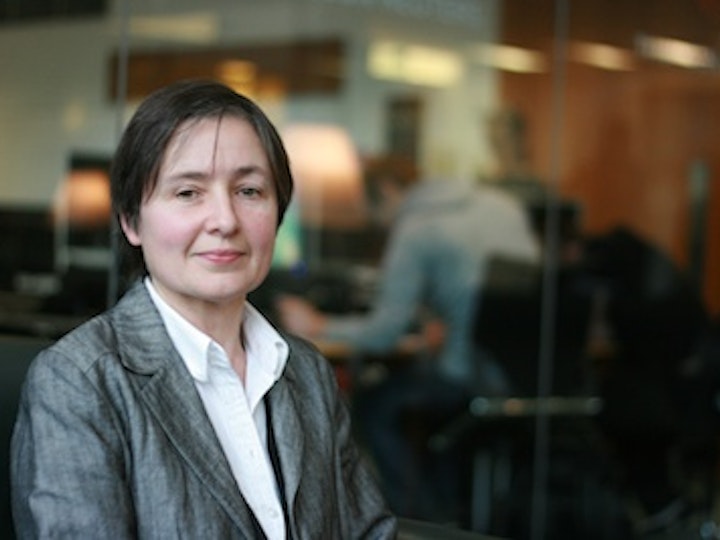'Our distrust is very expensive’: How do we restore trust in banks?
A paper by Dr Linda Arch, Lecturer in Finance at the ICMA Centre has been published by the Institute for Public Policy Research (IPPR). The Spring 2019 issue of the IPPR Progressive Review is based on the theme of democracy, post-Brexit. In the paper titled “'Our distrust is very expensive’: How do we restore trust in banks?”, Linda explores the idea that effective bank regulation depends upon trust, which requires trustworthy banks and regulators.

A paper by Dr Linda Arch, Lecturer in Finance at the ICMA Centre has been published by the Institute for Public Policy Research (IPPR). The Spring 2019 issue of the IPPR Progressive Review is based on the theme of democracy, post-Brexit. In the paper titled “'Our distrust is very expensive’: How do we restore trust in banks?”, Linda explores the idea that effective bank regulation depends upon trust, which requires trustworthy banks and regulators.
She argues that we need a broad and democratic conversation as to the principles which should underpin bank regulation in the UK post-Brexit. In turn, this will help us to avoid a post-Brexit bank regulatory ‘race to the bottom’.
 Dr Linda Arch’s research interest lies in the regulation of banks in the UK in the mid-twentieth century. In her recent book ‘The regulation of the London clearing banks, 1946-1971: stability and compliance’, Linda questions the interpretation of bank regulation which has prevailed in the academic literature for this period. This interpretation holds that the approach to regulation was driven primarily by the policy of “financial repression.”
Dr Linda Arch’s research interest lies in the regulation of banks in the UK in the mid-twentieth century. In her recent book ‘The regulation of the London clearing banks, 1946-1971: stability and compliance’, Linda questions the interpretation of bank regulation which has prevailed in the academic literature for this period. This interpretation holds that the approach to regulation was driven primarily by the policy of “financial repression.”
Find out more about the book here. Find out more about Dr Linda Arch's research here.
